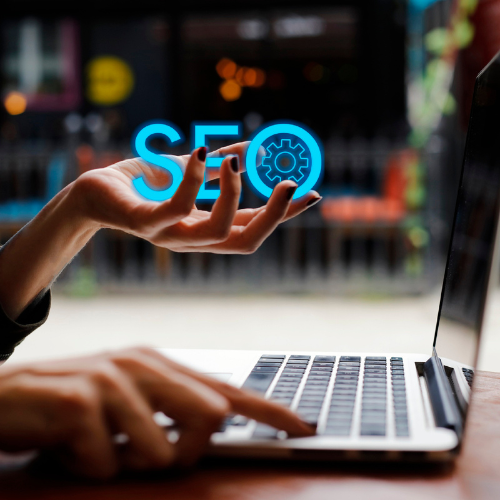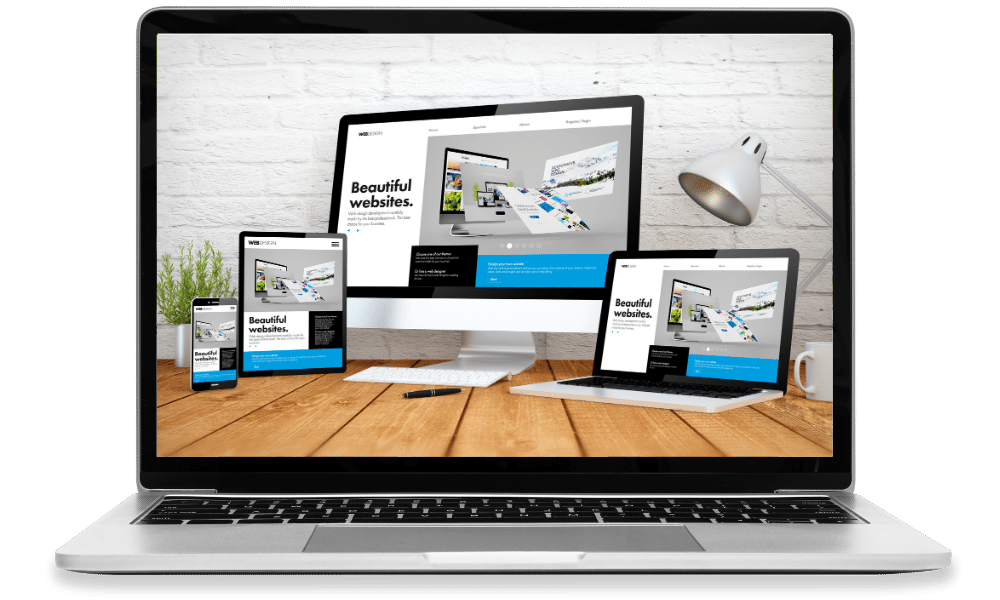Ecommerce Platform
What to look for when choosing an ecommerce Solution.
Ecommerce Platform choice is wide and varied. Choosing the right e-commerce platform for your business is a crucial decision that can impact your online success. Here are some key factors to consider when evaluating and selecting an e-commerce platform:





